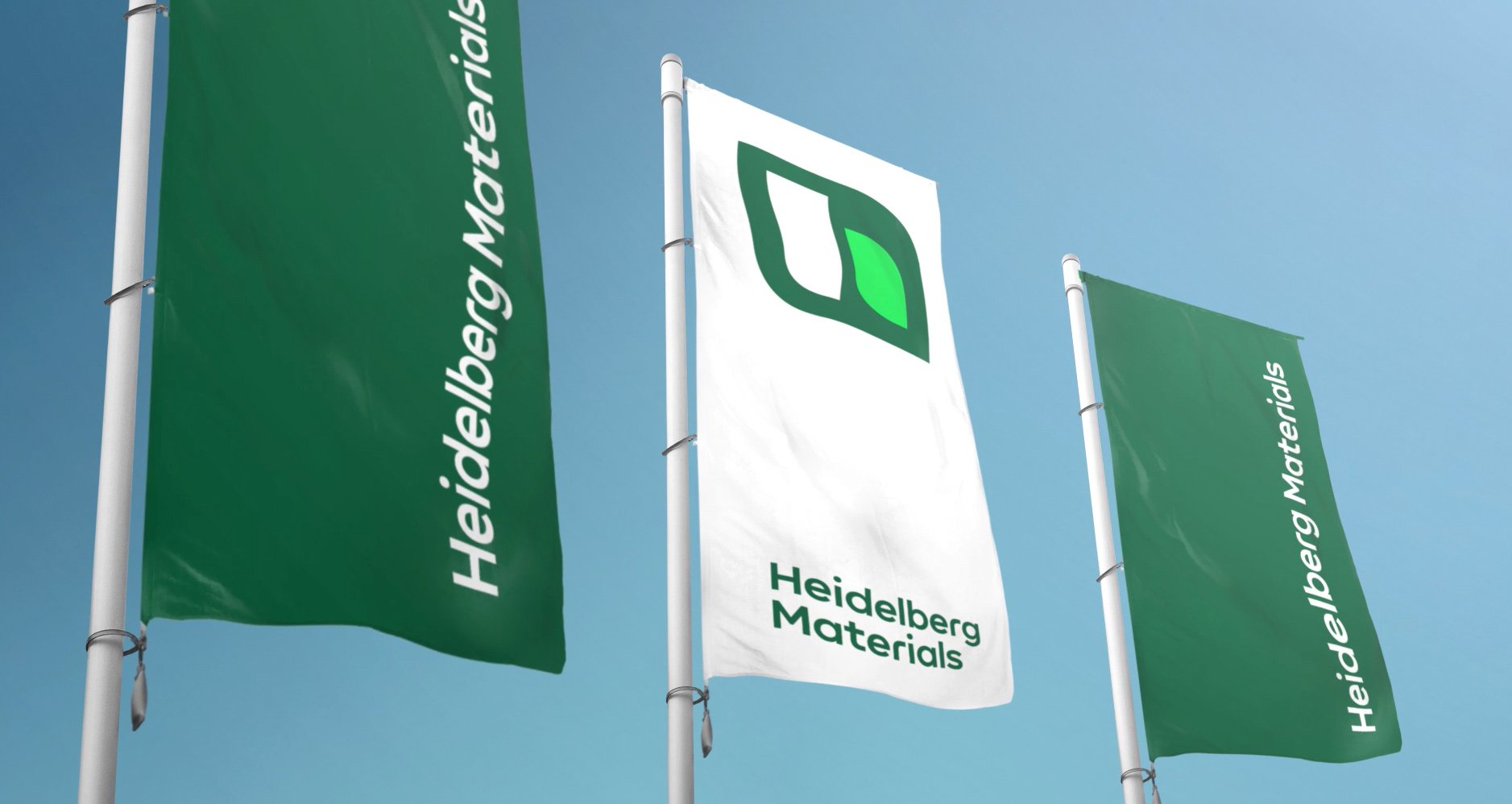HeidelbergCement produces cement with climate-neutral fuel mix using hydrogen technology
- A cement kiln at the British Ribblesdale plant of HeidelbergCement’s subsidiary Hanson UK has successfully been operated on a net zero fuel mix as part of a world-first demonstration using hydrogen technology
- Led by Hanson UK and the Mineral Products Association (MPA), the trial used a mix of 100% climate-neutral fuels including hydrogen for commercial-scale cement manufacture for the very first time
- If fully implemented for the whole kiln system, nearly 180,000 tonnes of carbon dioxide could be avoided each year at Ribblesdale alone – compared to using fossil fuels such as coal
A cement kiln at the Ribblesdale plant of HeidelbergCement’s subsidiary Hanson UK has successfully been operated using a net zero fuel mix as part of a world-first demonstration using hydrogen technology. Led by the British Mineral Products Association (MPA), and funded by the British Department for Business, Energy and Industrial Strategy (BEIS), Hanson UK successfully implemented a mix of 100% climate-neutral fuels including hydrogen for commercial scale cement manufacture for the very first time.
During the demonstration at Ribblesdale, the proportion of fuels in the cement kiln’s main burner was gradually increased to a wholly net zero mix made up of tanker-delivered hydrogen as well as biomass components and glycerine, generated as by-products of other industries[1]. If fully implemented for the whole kiln system, nearly 180,000 tonnes of carbon dioxide could be avoided each year at Ribblesdale alone compared to using fossil fuels, such as coal.
The trial at Ribblesdale follows a BEIS-funded feasibility study in 2019 which demonstrated that a combination of biomass, hydrogen and plasma energy could be used to eliminate 100% of fossil fuel CO₂ emissions from cement manufacturing – provided the necessary framework conditions and infrastructure.
The trial which is part of a wider £3.2 million project has been funded by BEIS as part of its Industrial Fuel Switching Competition. Project results will be shared with cement producers and other energy-intensive industries both in the UK and globally as best practice examples, with the aim of spreading and maximising the environmental benefits of the technology.
[1] The fuel switching trial has used ‘grey’ hydrogen as a proof of concept, which can be substituted for ‘green’ hydrogen in future. At a 100% climate-neutral mix, the proportion of fuels in the cement kiln was approximately 39% hydrogen, 12% meat and bone meal (MBM) and 49% glycerine.
About HeidelbergCement
HeidelbergCement is one of the world’s largest integrated manufacturers of building materials and solutions, with leading market positions in aggregates, cement, and ready-mixed concrete. Around 53,000 employees at more than 3,000 locations in over 50 countries deliver long-term financial performance through operational excellence and openness for change. At the center of actions lies the responsibility for the environment. As forerunner on the path to carbon neutrality, HeidelbergCement crafts material solutions for the future.


